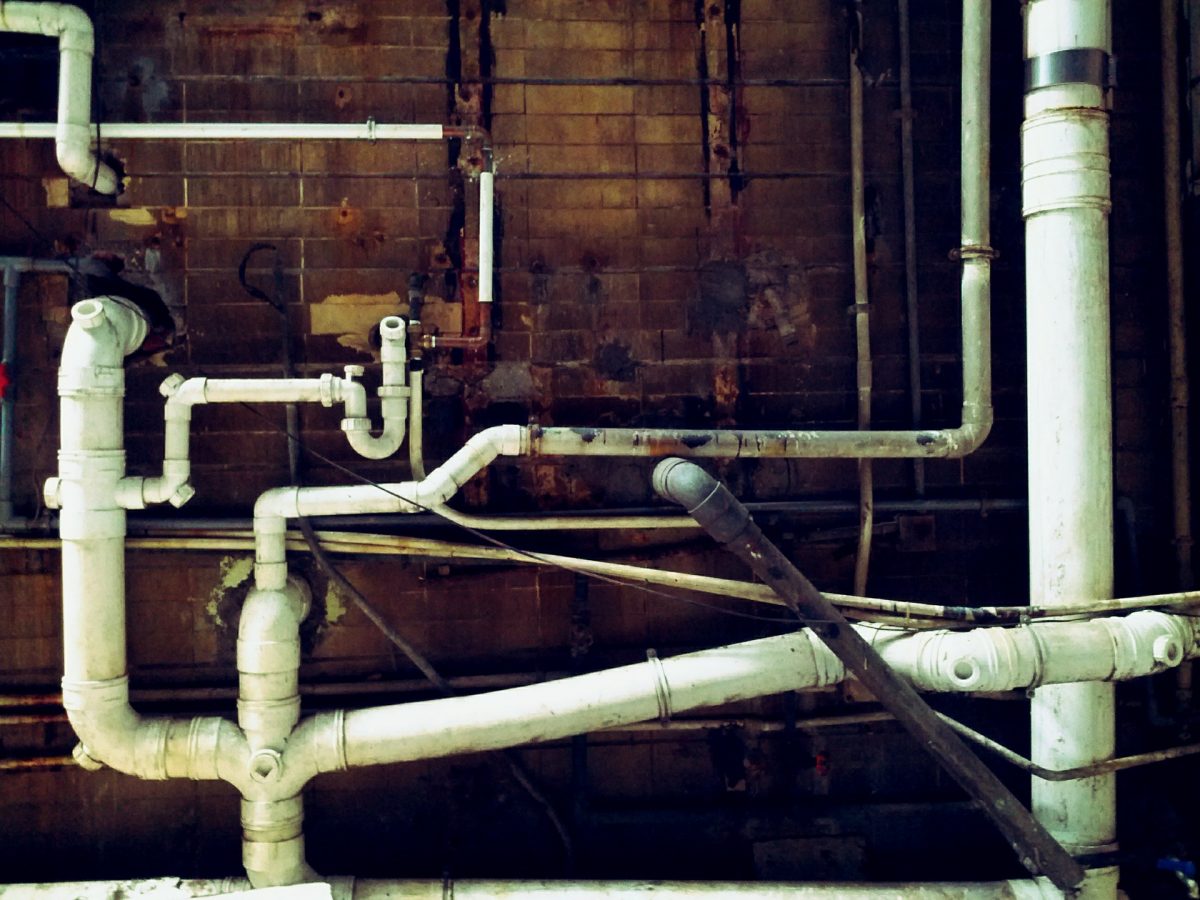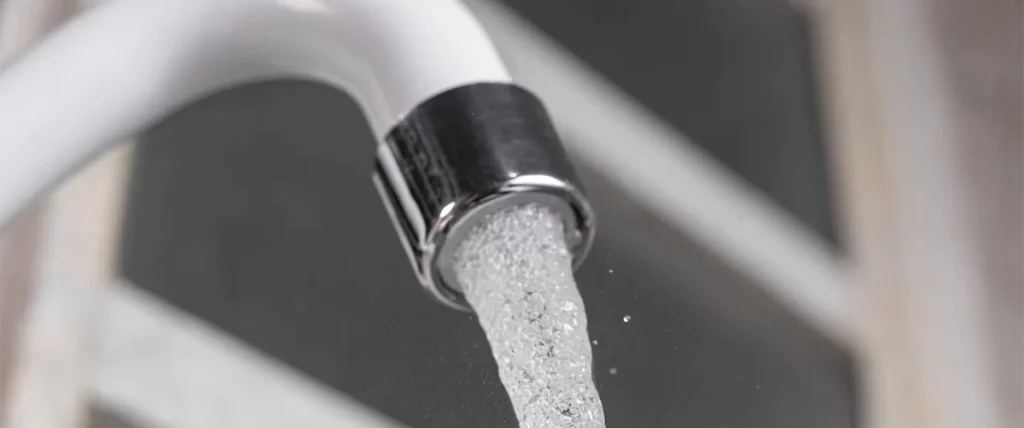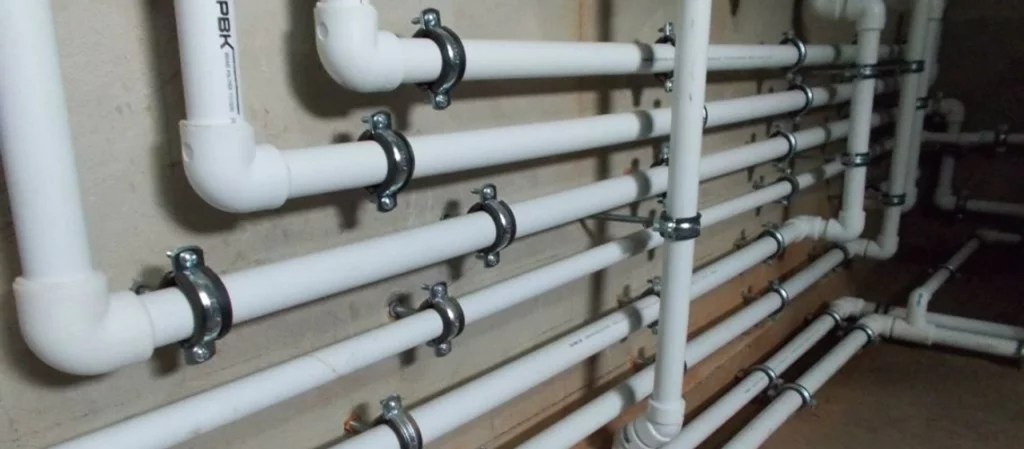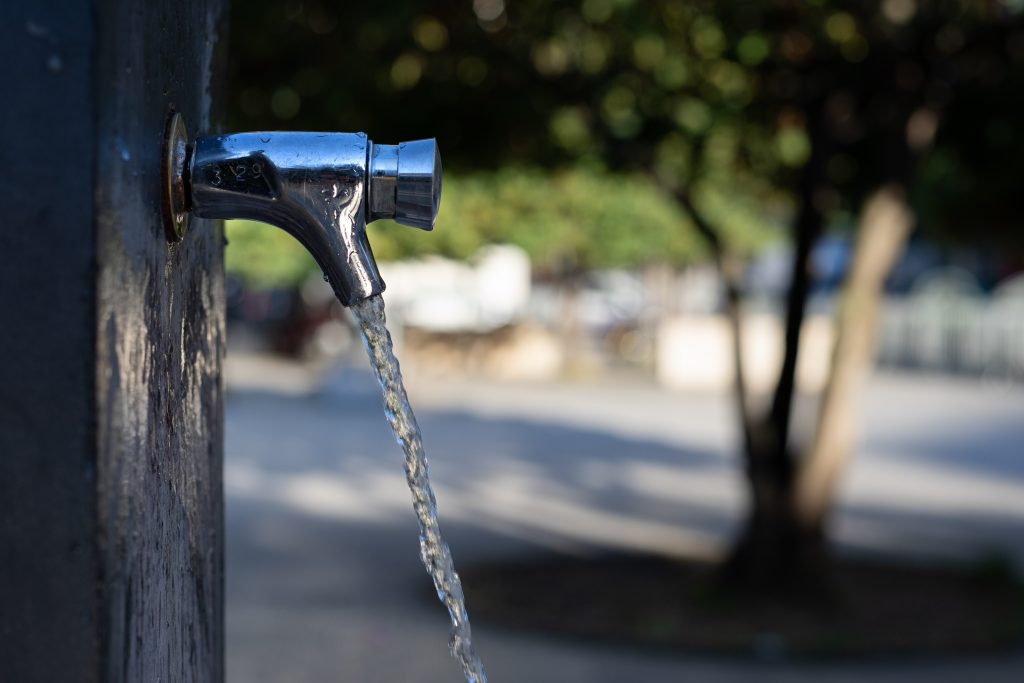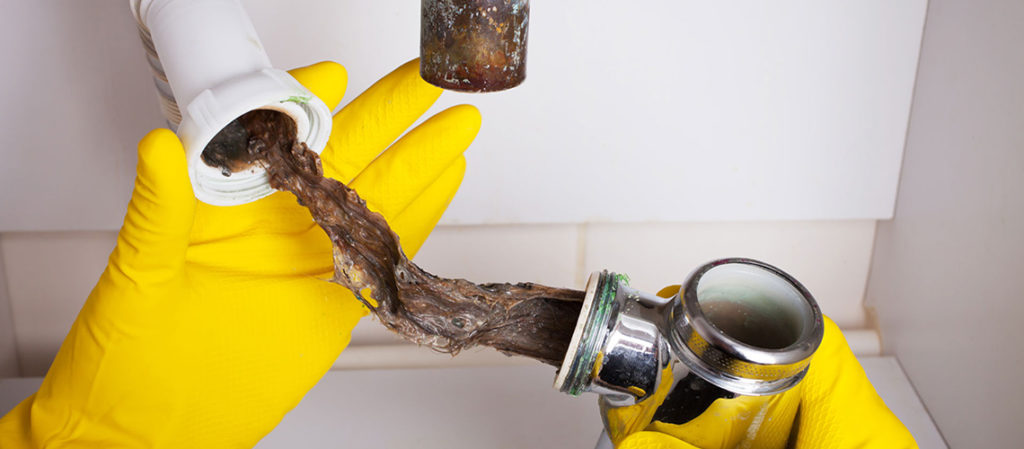Plumbing pipes and risers in plumbing are one of the essential parts of every homeowner’s daily comfort. They’re what allows you to take a water bath in the morning, soak in a hot shower in the evening and cook in the kitchen. Many homeowners assume that nothing can happen to the plumbing as long as the building is in place. But this is far from the case. Even if you have the highest quality plumbing installed, you may need to replace the plumbing in the house when the pipes deteriorate and reach their useful life.
Contents
What pipes most often need to be replaced in the house
Plumbing is one of the essential utilities in the house. For this system to work correctly, pipes need to be replaced regularly. Most can last for decades, but they can also fail at some point. Urgent replacement of water pipes is required for the following situations
- there are leaks;
- there is low pressure in the system;
- water has an unpleasant odor and/or brown color;
- the water does not go down the drain very well.
Most plumbing needs to be changed in older homes. But it also does not mean that new buildings are immune to this problem.
The service life of various types of pipes
Replace water pipes in the house at different times, depending on the type of plumbing. We invite you to read our overview of the different kinds of pipes and their useful life.
Supply Pipes.
The presented type of communication is subject to quite a lot of wear and tear. It is because the water flows through them under high pressure. A leak indicates the presence of a problem with such pipes.
Household water pipes can last for decades before any leakage occurs. On average, copper supply pipes last no more than 80 years, while galvanized and brass pipes have a lifespan of 80-100 years.
Faucet Lines.
Pipes that lead to faucets are operated under less pressure compared to the main, so their service life is somewhat longer. But that doesn’t mean they are immune to breakdowns. It’s worth replacing the tap lines if any leakage occurs. In addition, homeowners can change their plumbing periodically because they get tired of the old faucet and want to upgrade.
Machine Supply Hoses.
More often than not, emergency water leaks in the home can be seen in the piping that supplies water to the washing machine. A small leak doesn’t cause significant damage to the equipment but needs to be fixed as soon as possible. According to experts, changing the water supply hose to the washing machine at intervals of 3 years is necessary. In addition, periodically once a year, you need to check the pipe for the following signs:
- Leaks – the hose should always remain dry and not accumulate moisture inside. If corrosion or water leaks occur, the hose should be replaced.
- Bubbles – This is the main symptom of too much pressure in the hose. It can occur because the hose is clogged with something and kinked.
- Mechanical damage. The hose may have a hole, crack, or other signs of wear and tear.
In any of the above situations, if a breakdown occurs, you need to shut off the water and get help from a technician.
Drain Lines.
Various materials are used in the production of pipes for drain lines – cast iron or the more modern PVC. They are characterized by high strength and long service life. Despite this, tree roots and aggressive weather factors can seriously damage drainage lines. They replace PVC pipe most often required after 25-40 years of operation. The service life of cast iron pipes is somewhat longer and amounts to 80-100 years.
Toilet Pipes.
Sewage pipes are no less essential utilities in the house. But in this situation, you should pay attention to the service life of not only the pipes themselves but the fittings of sanitary ware. For example, the toilet bowl’s valves, levers, flaps, and fittings can last no more than 4-5 years. As for the drain button, then everything is individual.
Water Heater.
A replacement water heater requires an average of 10 years. Some can last all of 15 years. If you have a tankless model, however, it needs to be replaced every 20 years. A water heater can fail for a variety of reasons:
- Failure of the auto-switch;
- Occurrence of leaks or corrosion;
- Breakdown of the thermostat;
- Problem with the shutoff valve.
Also, special attention should be paid to the garbage disposal. This equipment can be found in a large number of modern homes. On average, the garbage collector can last 15 years. Problems with this appliance are indicated by the appearance of leaks, strange sounds during operation, or deterioration in the quality of functioning.
In general, there are many different types of pipes in the house, forming a complete communication system. The need for replacement varies depending on the material from which the tubes are made. If there are any signs of plumbing failure, it is worth addressing the problem immediately.
Professional replacement of plumbing pipes
Not all homeowners are perfectly aware of how to replace the PVC pipe and other plumbing in a house. To avoid making mistakes and triggering more plumbing problems, it’s best to turn to real professionals.
If you notice that the water communications have stopped working correctly, and it is time to change the pipes, then you can turn this task to our masters. Our specialists are ready to take care of any problem. We use quality components in our work and guarantee a high-quality service to each client. If you are interested in our offer, contact us at the specified contact phone numbers.
FAQ about When Should You Replace Plumbing Pipes
There are several signs that indicate it’s time to replace your plumbing pipes, including frequent leaks, corroded pipes, discolored water, low water pressure, and outdated piping materials.
Corroded pipes may show signs of discoloration, rust, or pinhole leaks. You may also notice a metallic taste in your water or experience low water pressure.
It’s not recommended to replace your own plumbing pipes unless you have professional plumbing experience. Replacing pipes can be a complicated and challenging process that requires specialized tools and knowledge.
Outdated piping materials such as lead, polybutylene, and galvanized steel should be replaced. These materials are no longer used in modern plumbing due to safety concerns and limitations.
The lifespan of plumbing pipes varies depending on the type of material used and the quality of installation. However, most pipes last between 20-50 years. If your pipes are nearing the end of their lifespan, it’s best to start considering replacement options.



